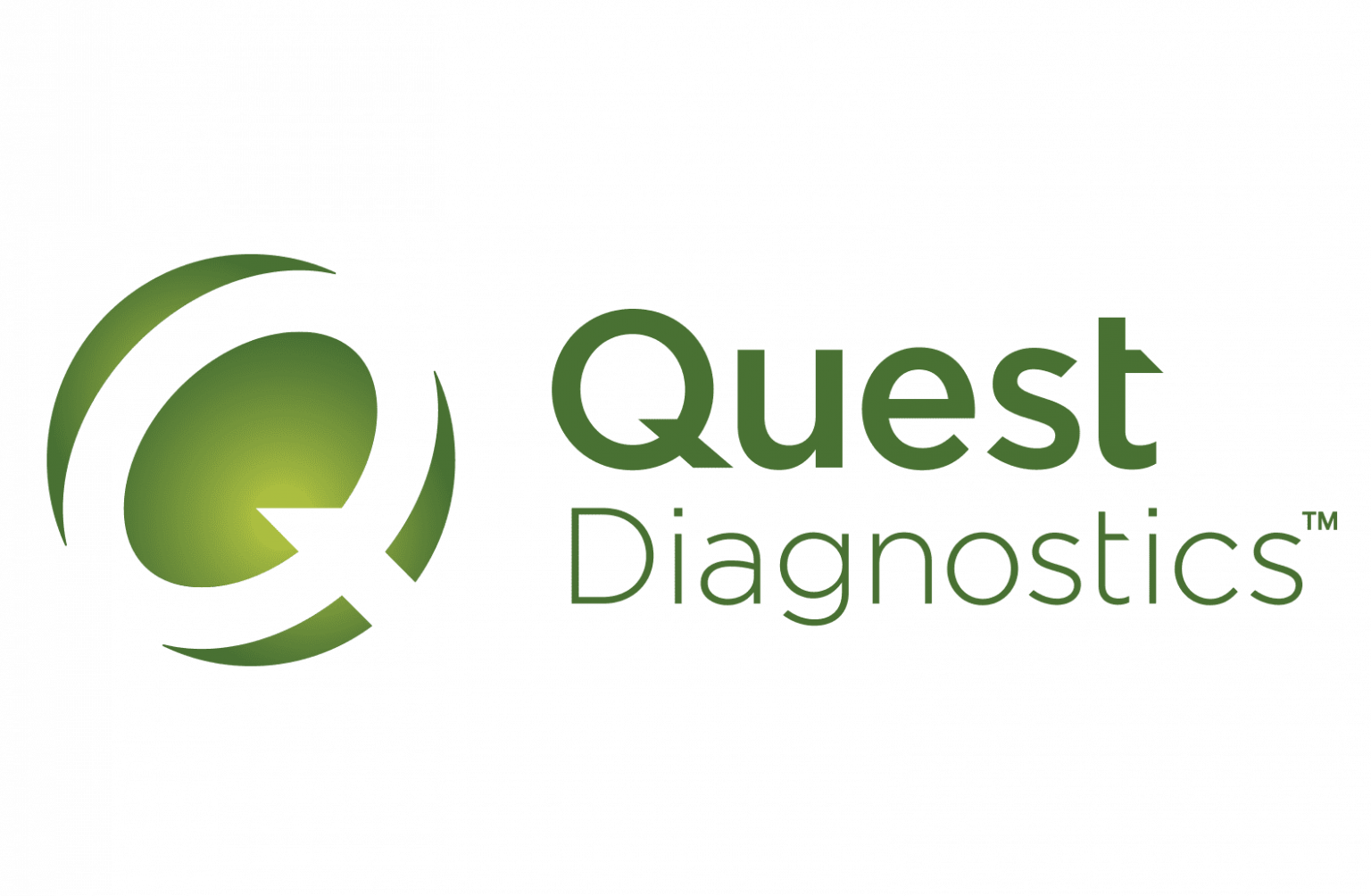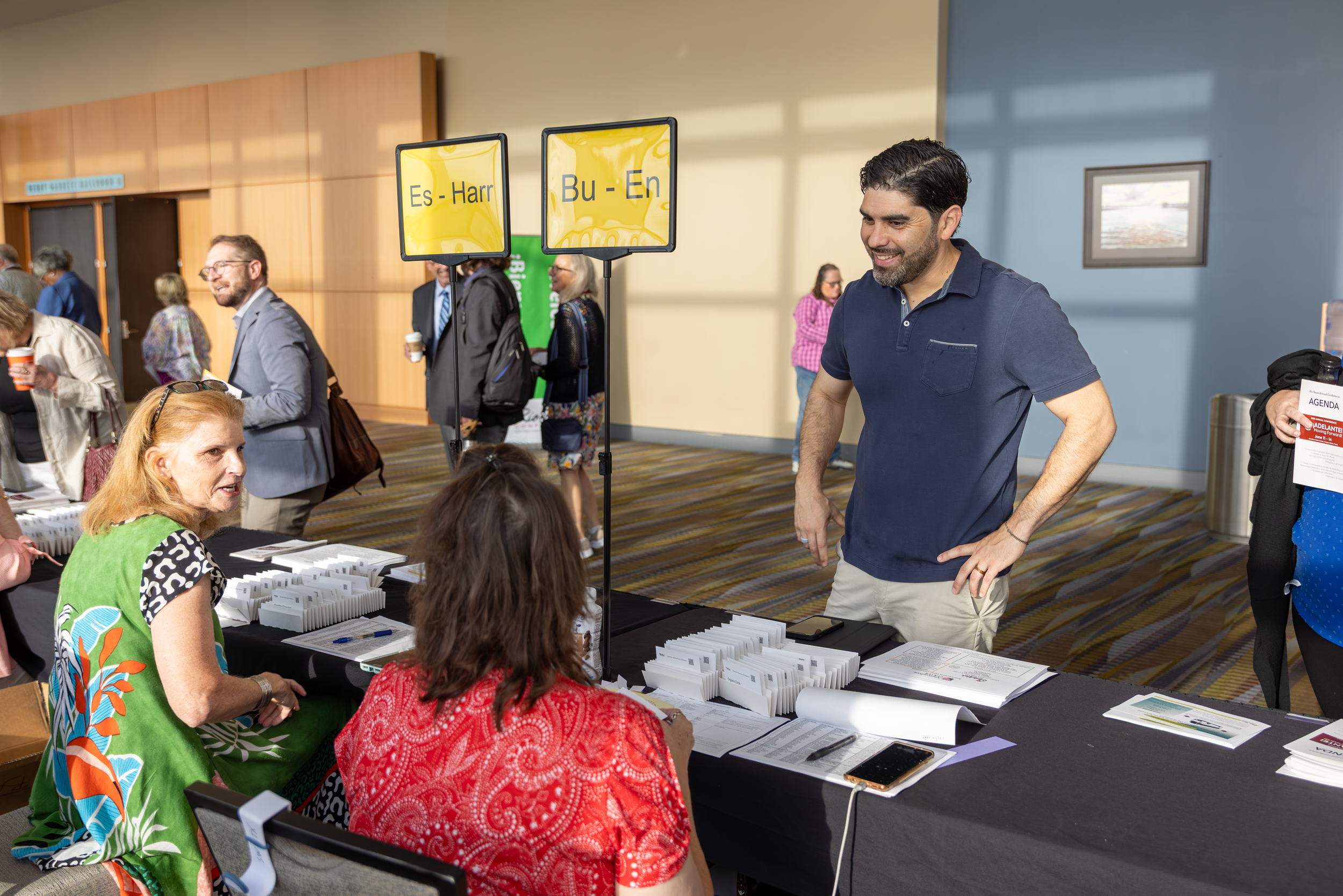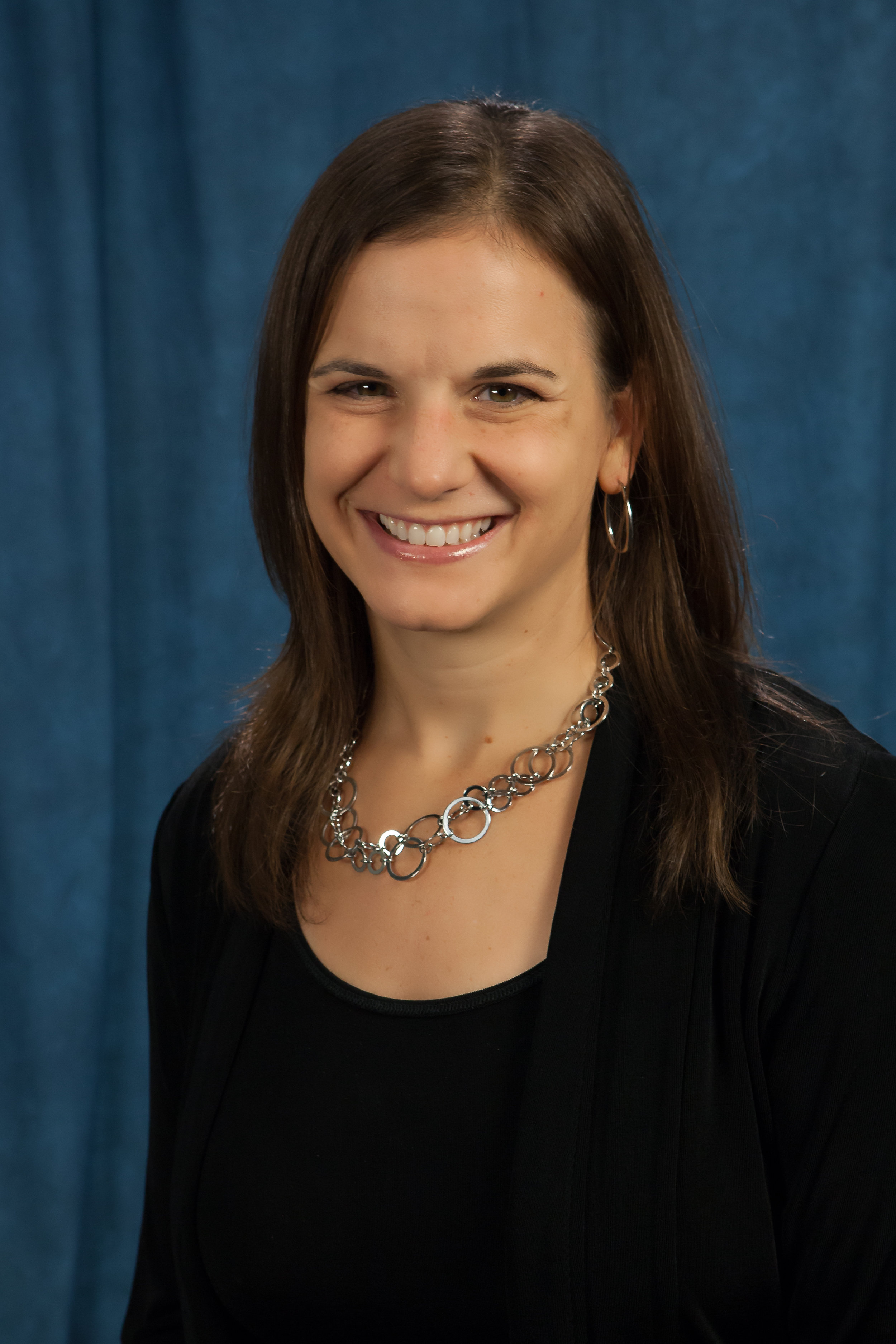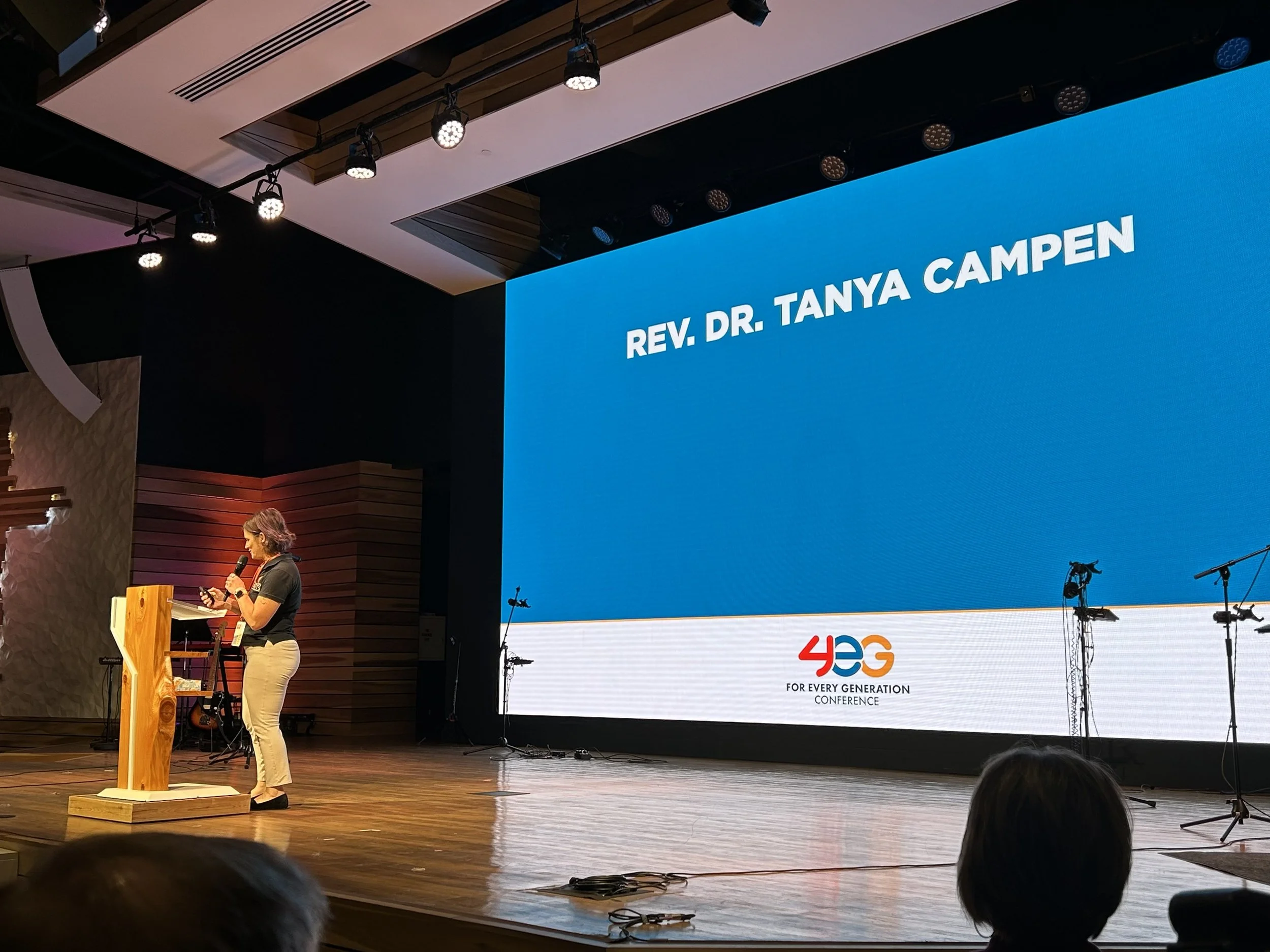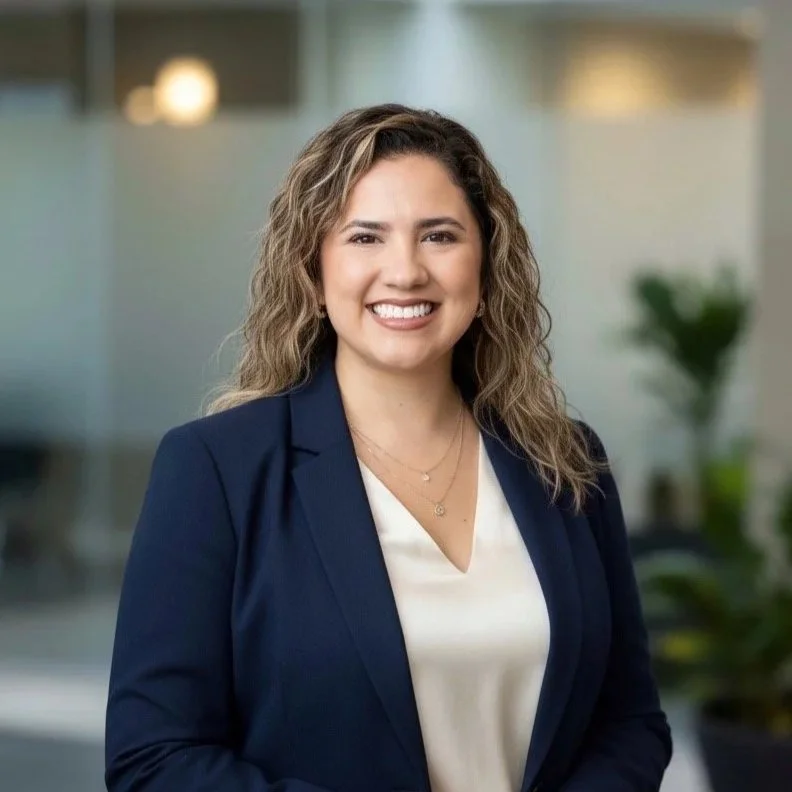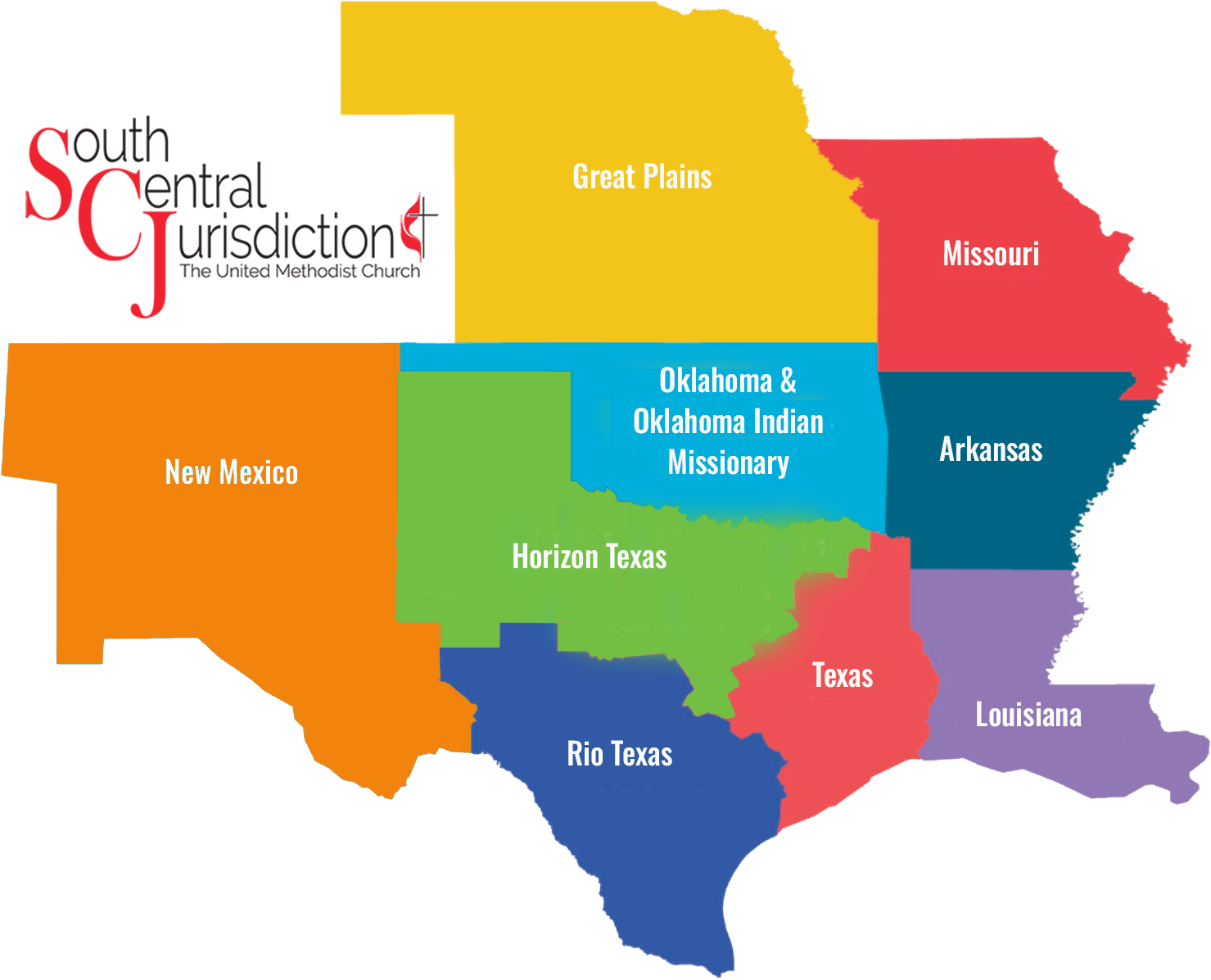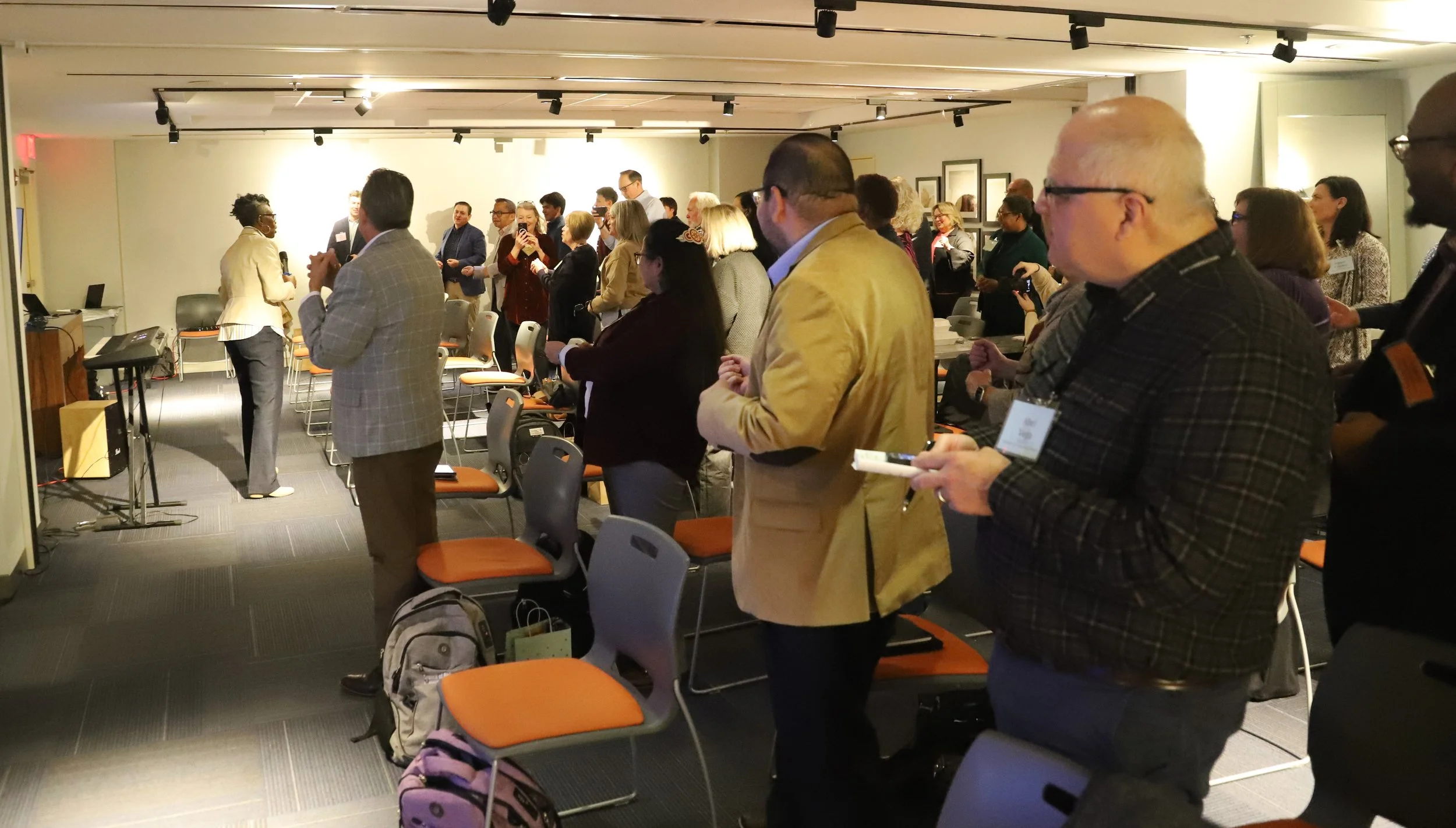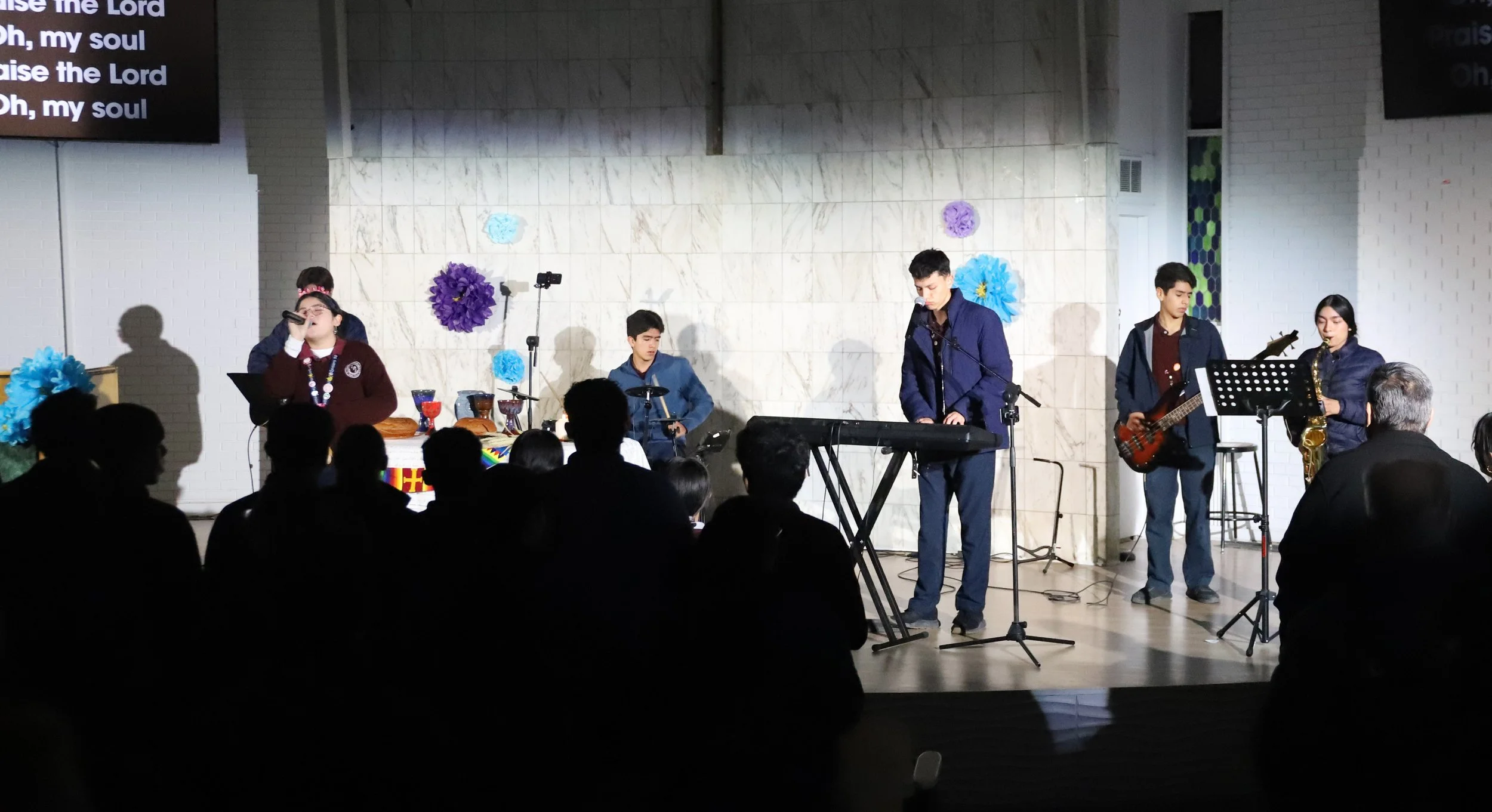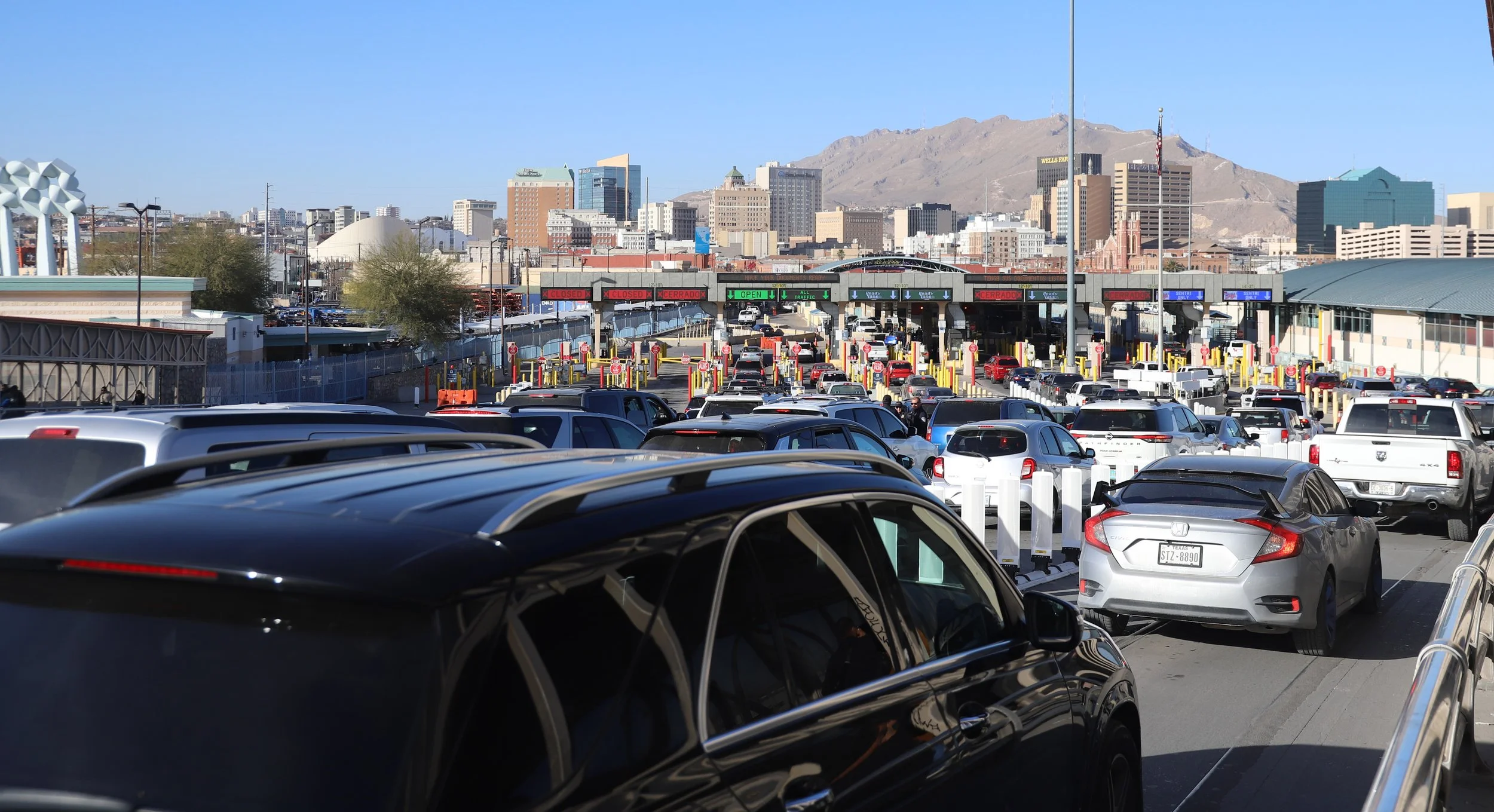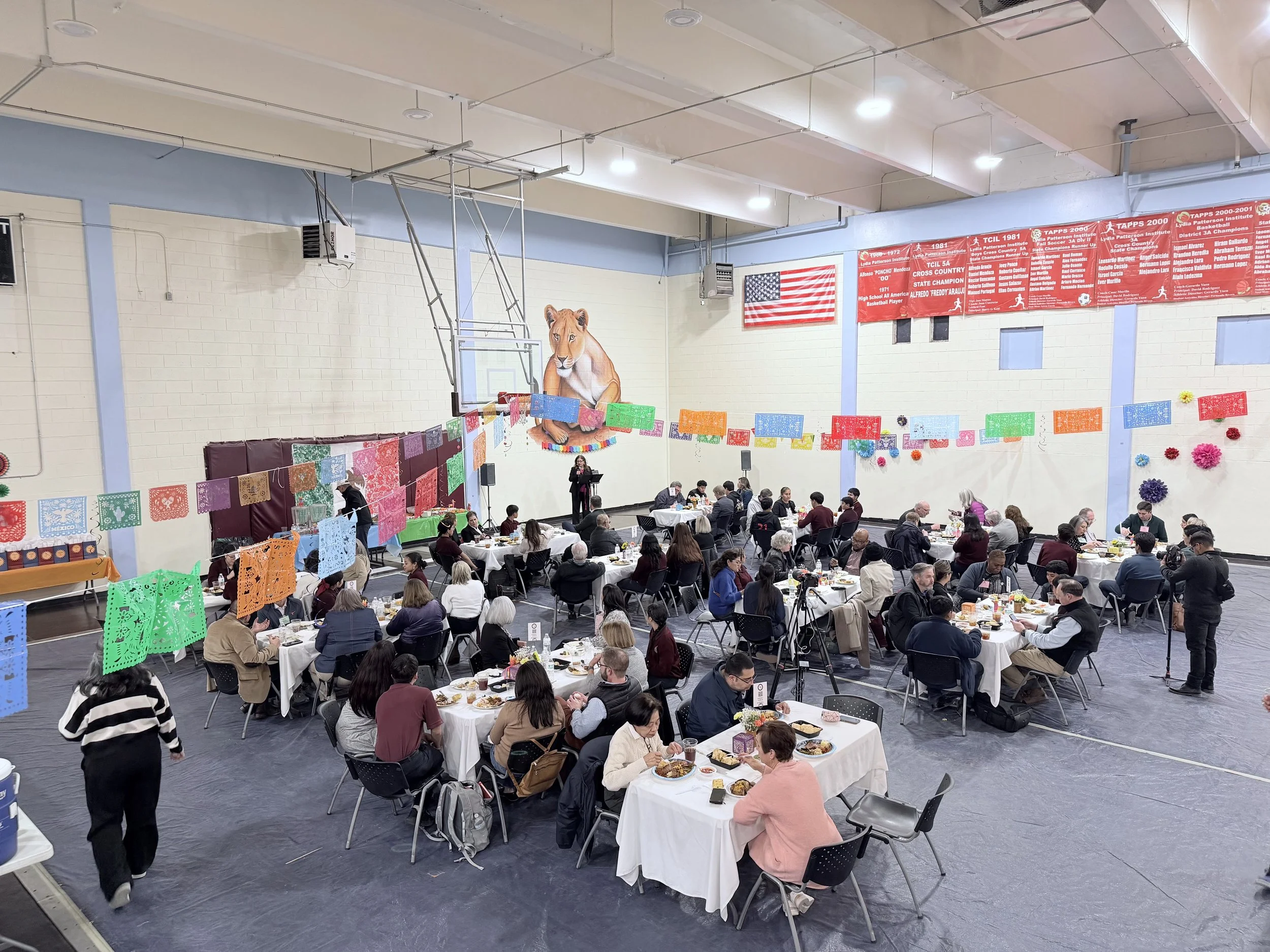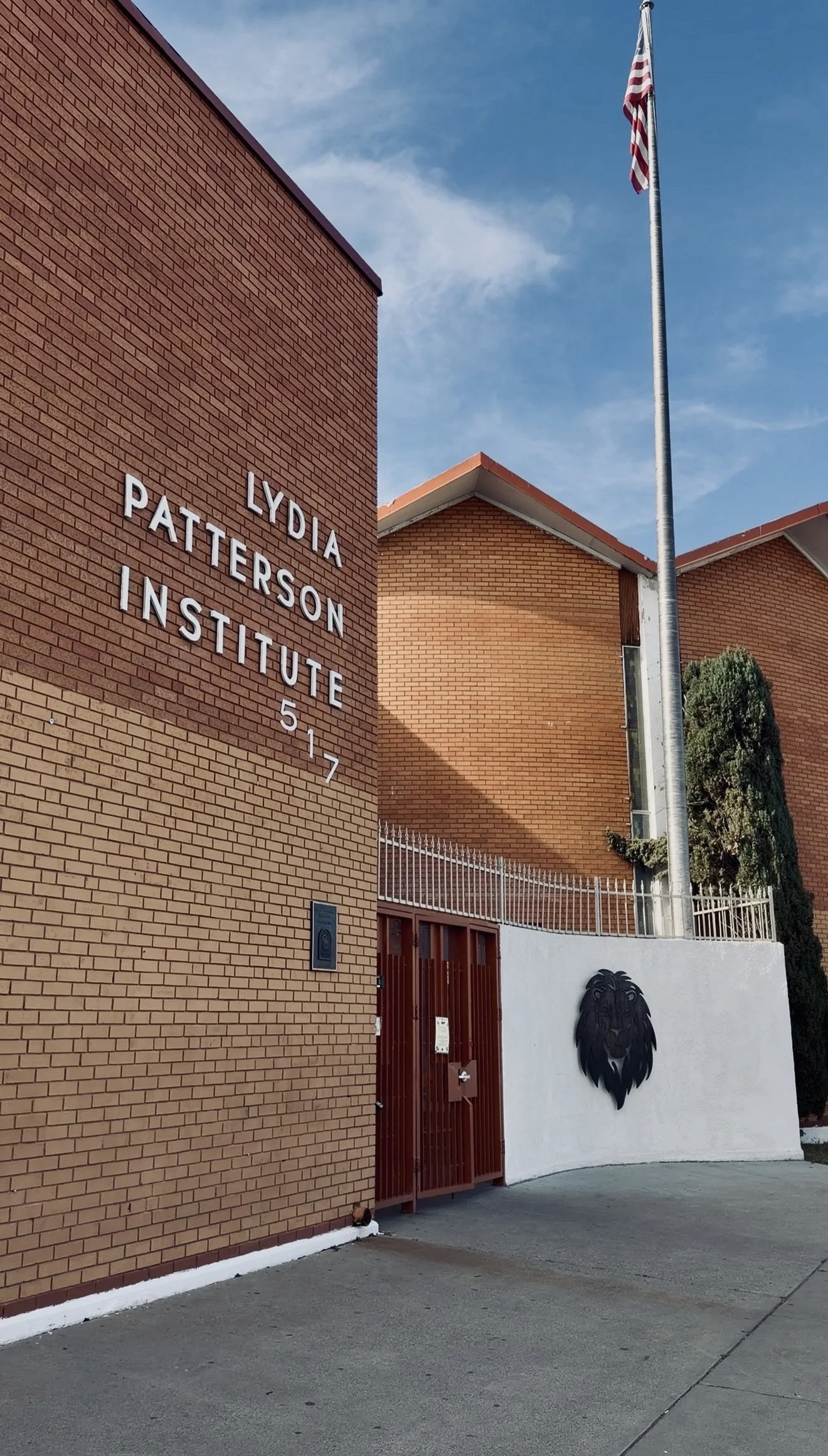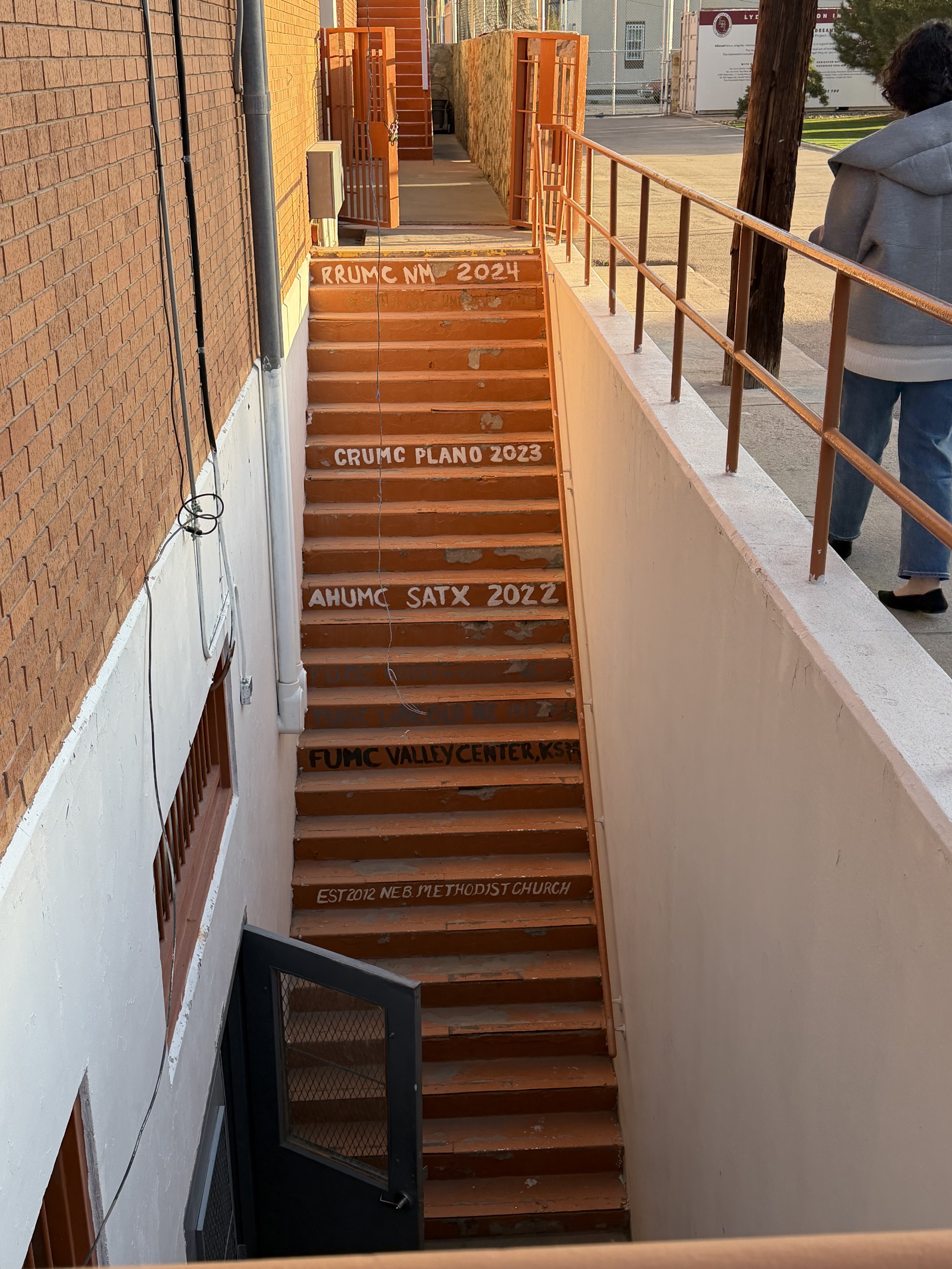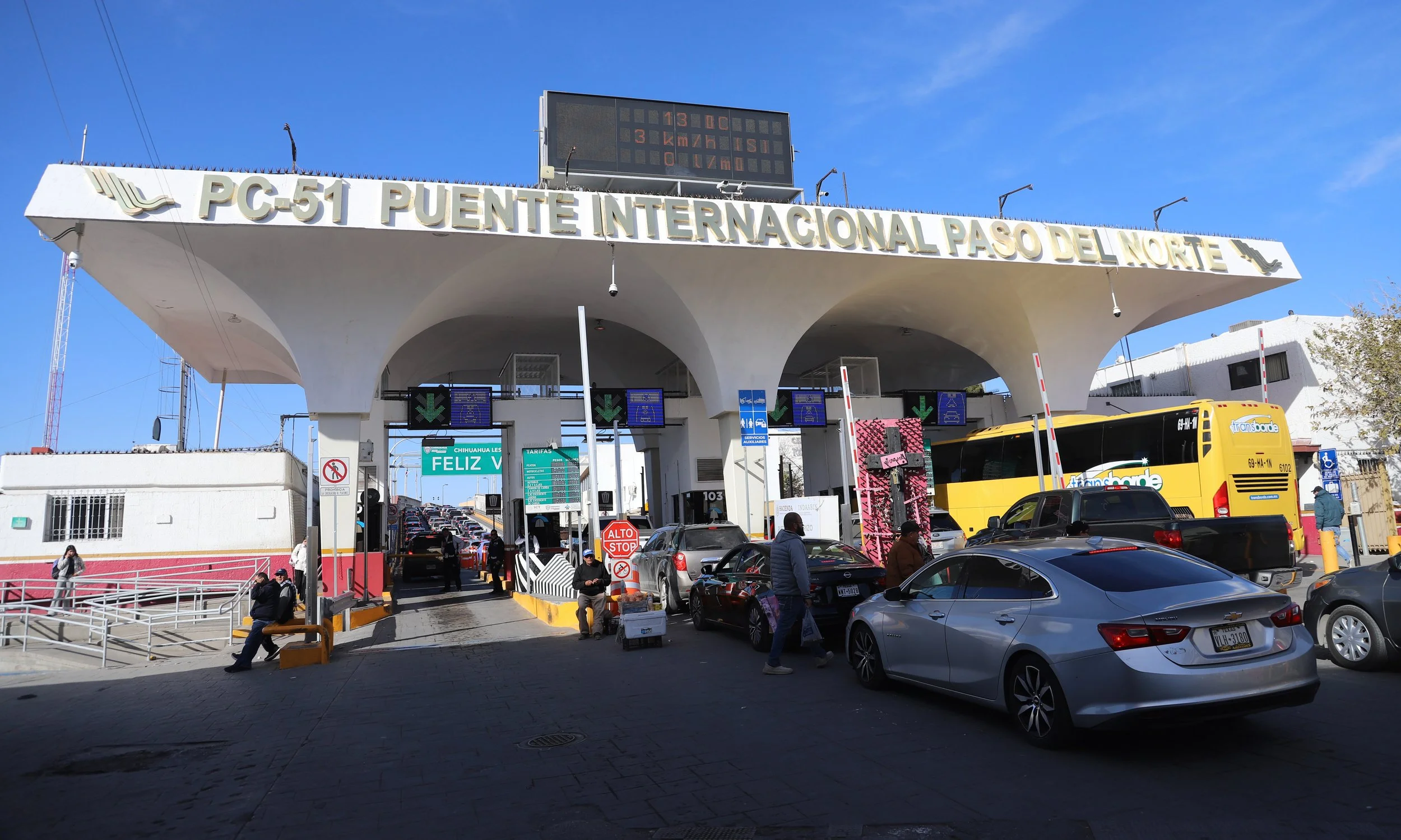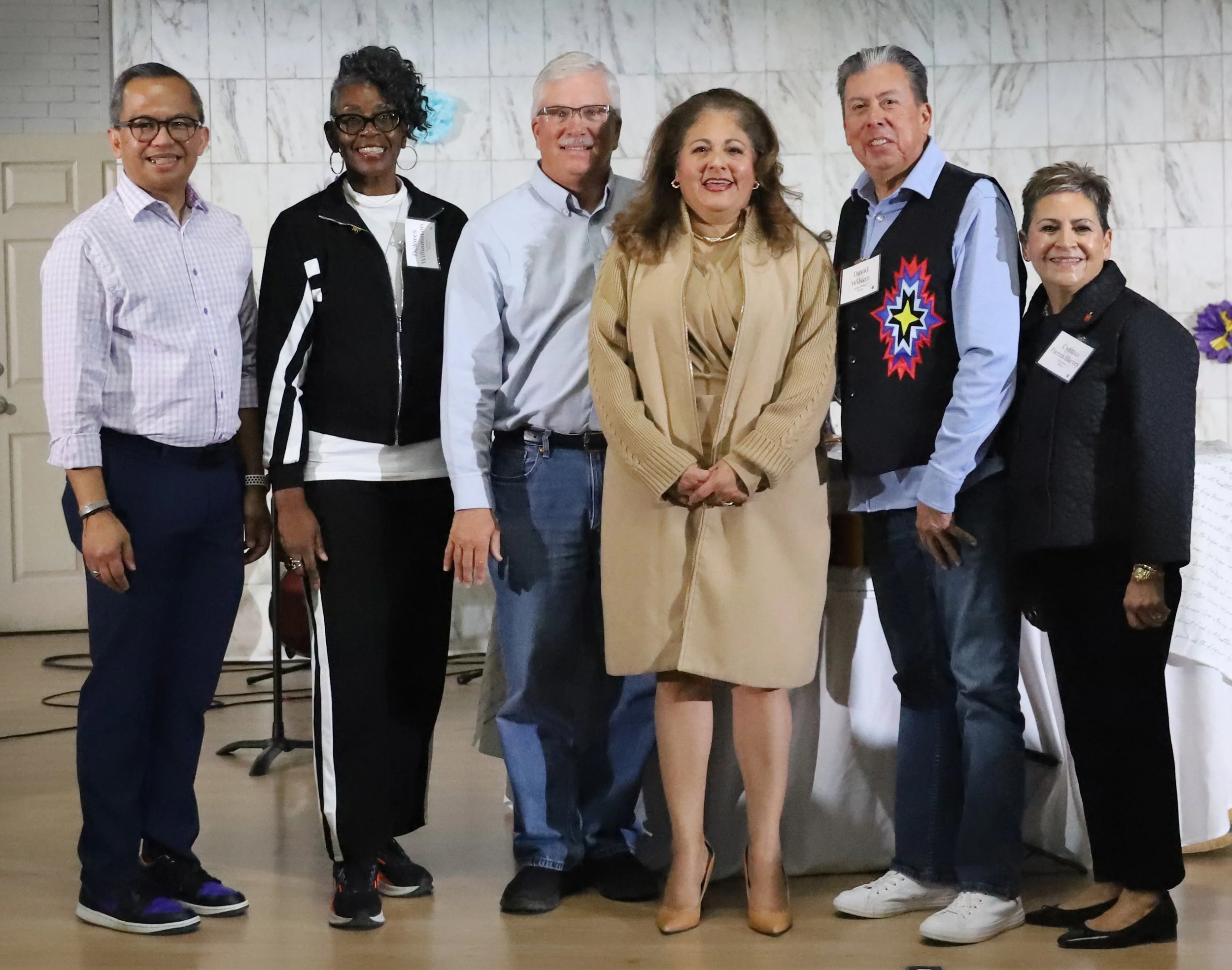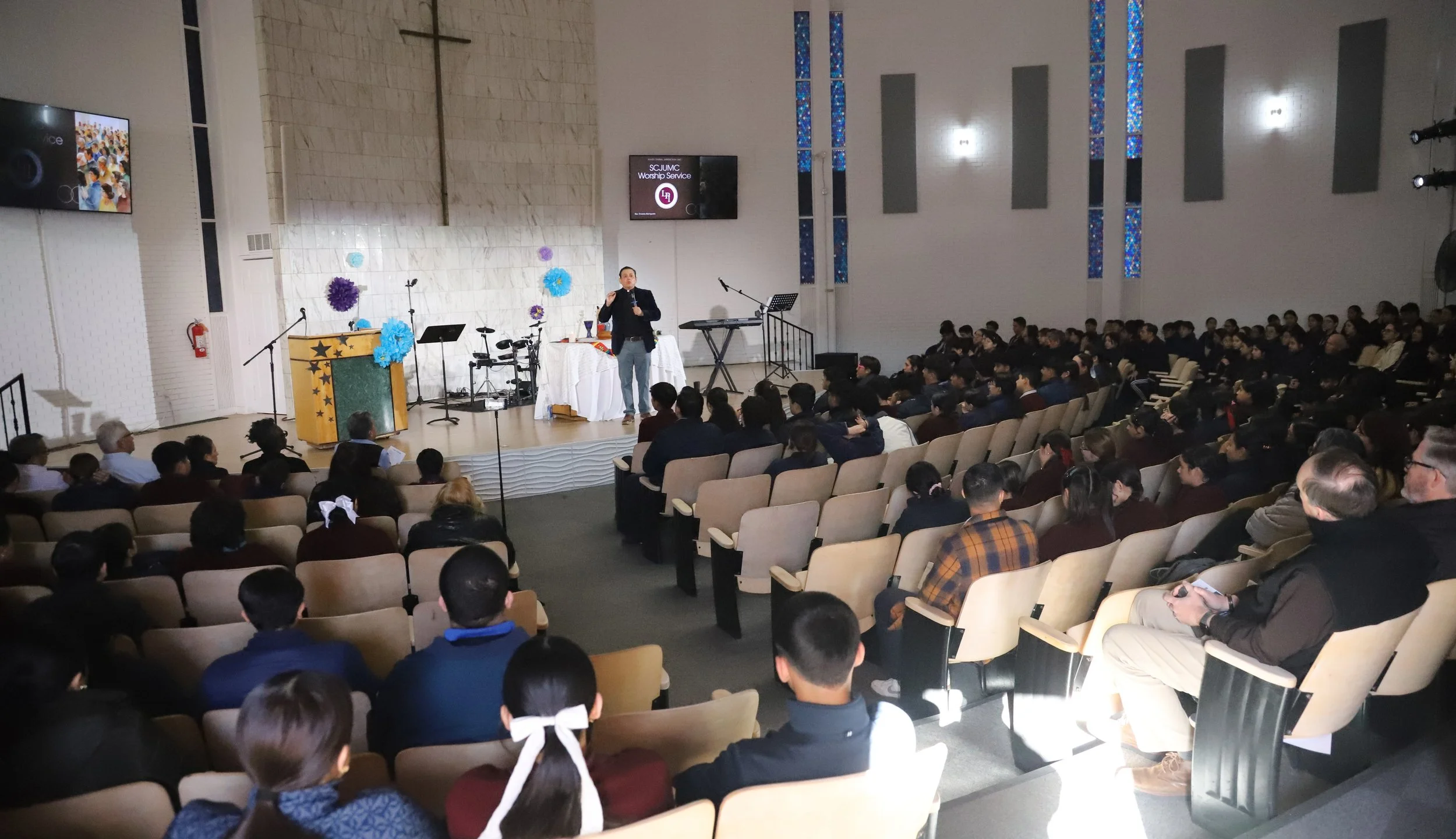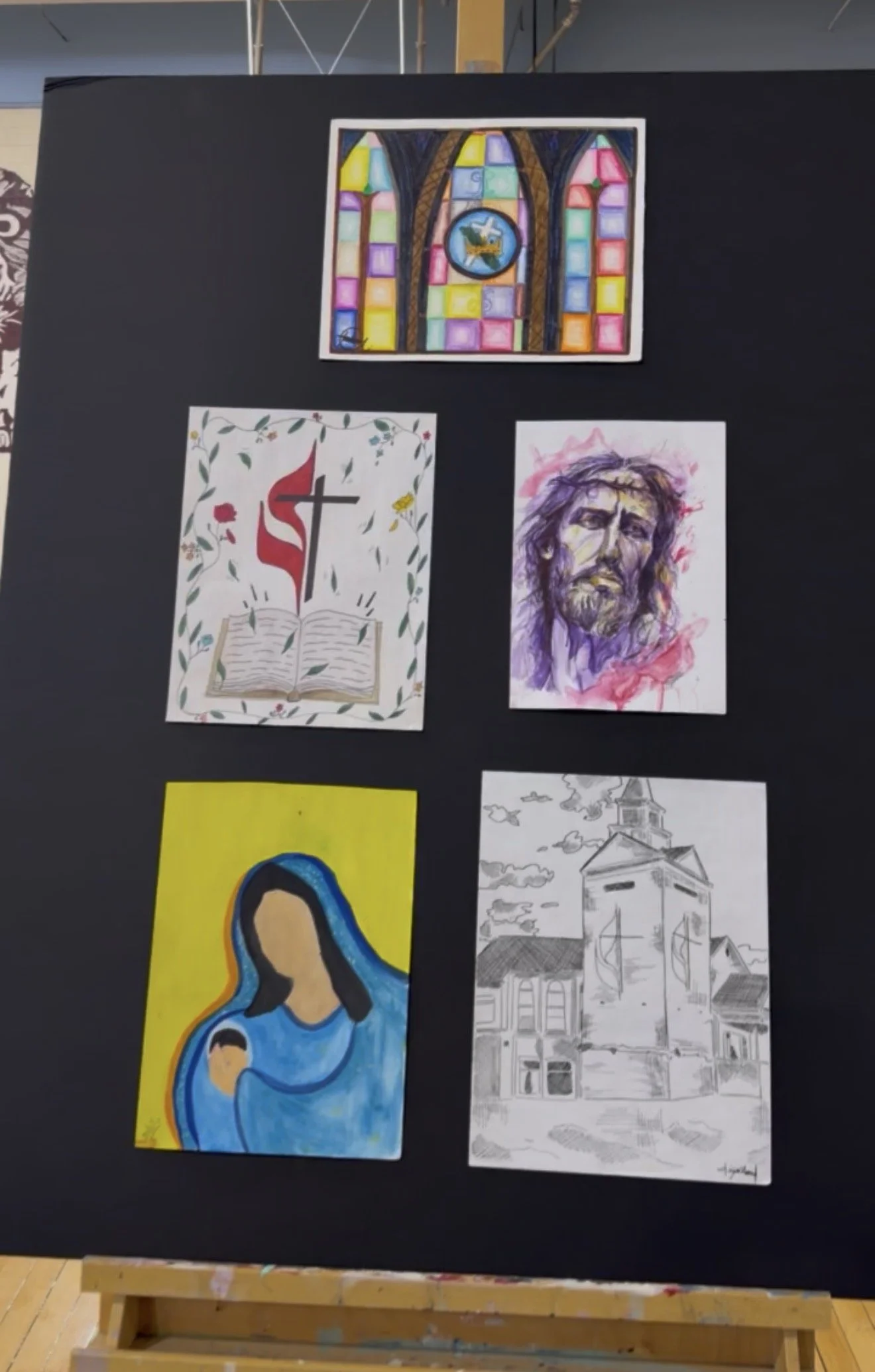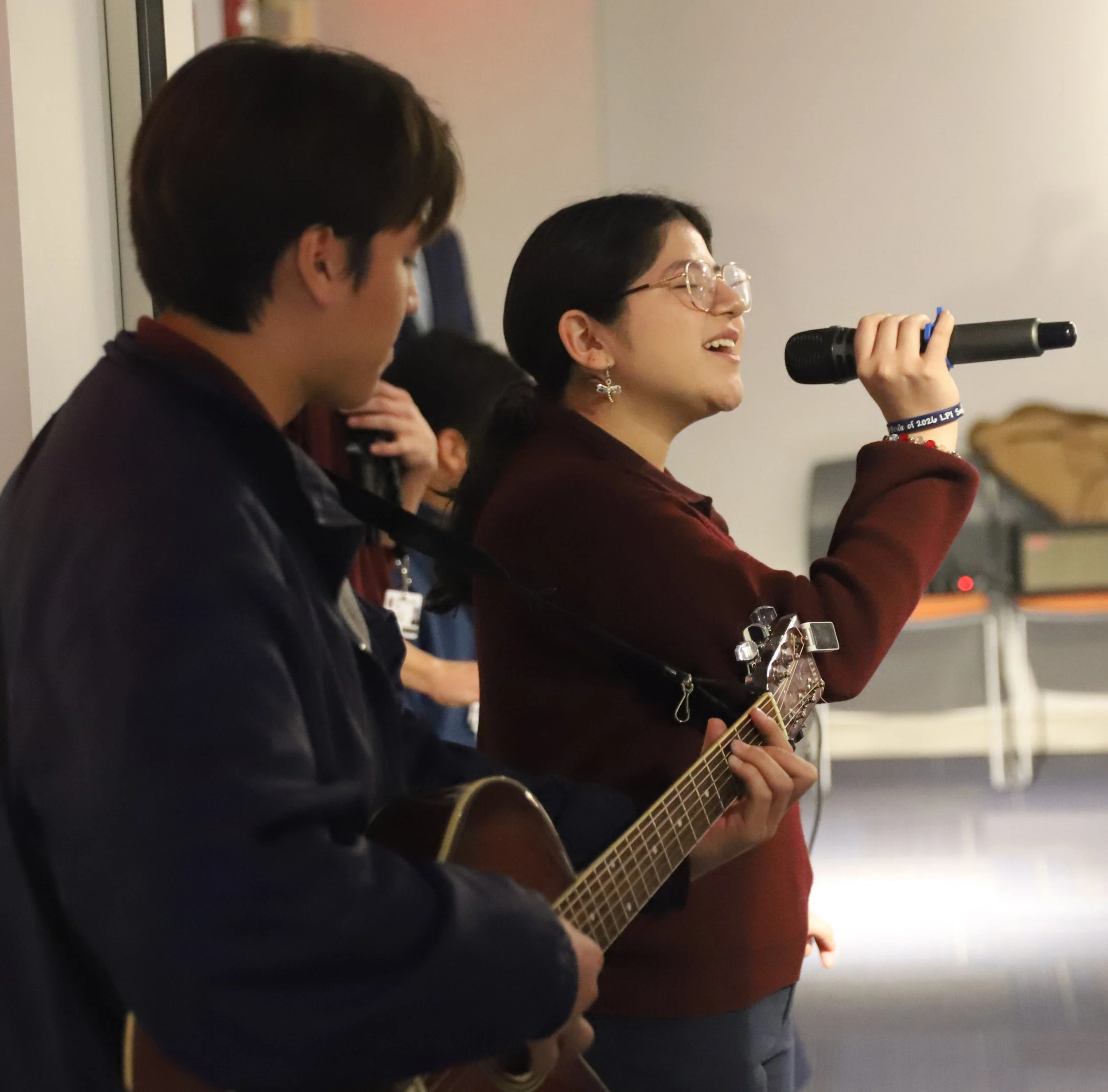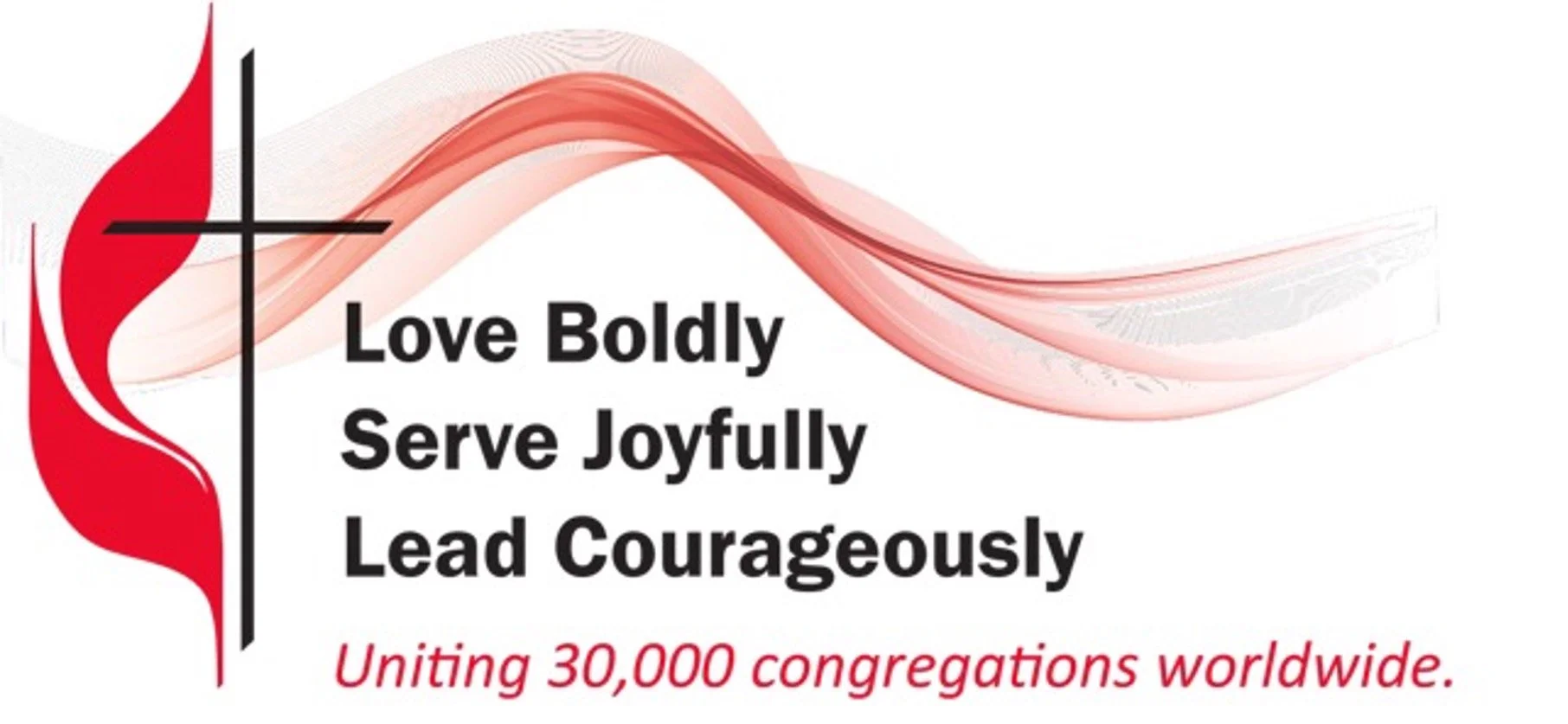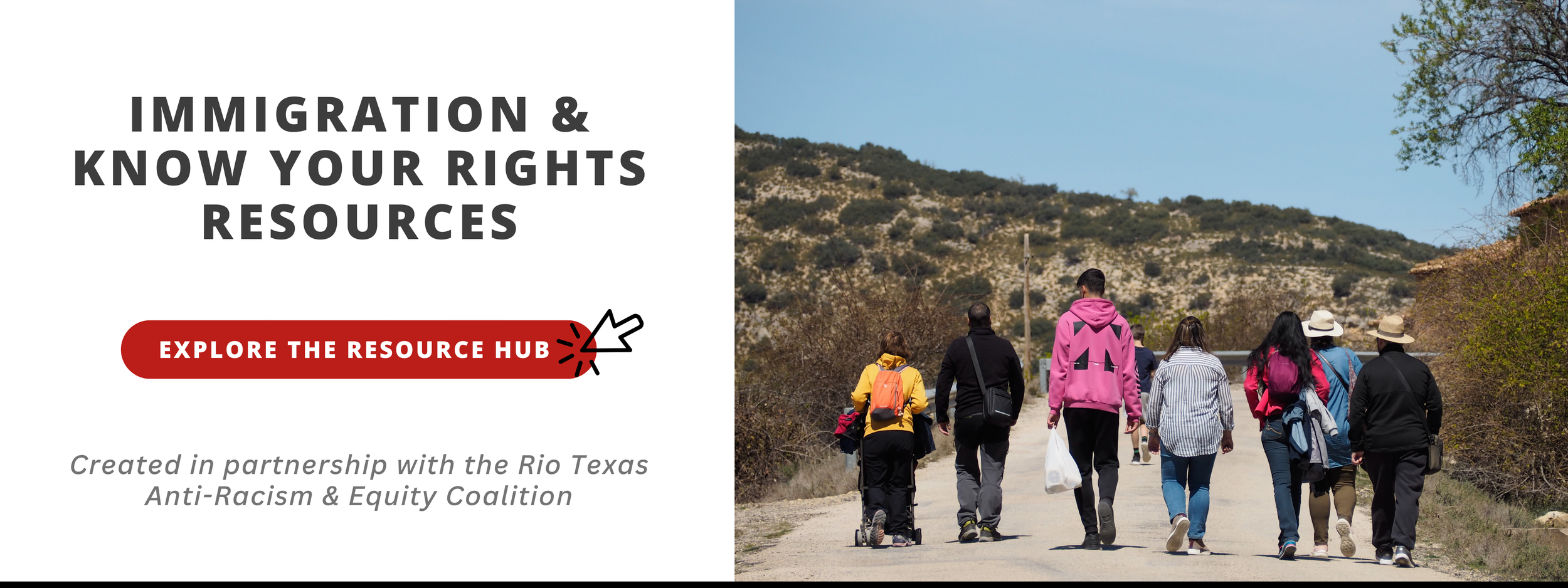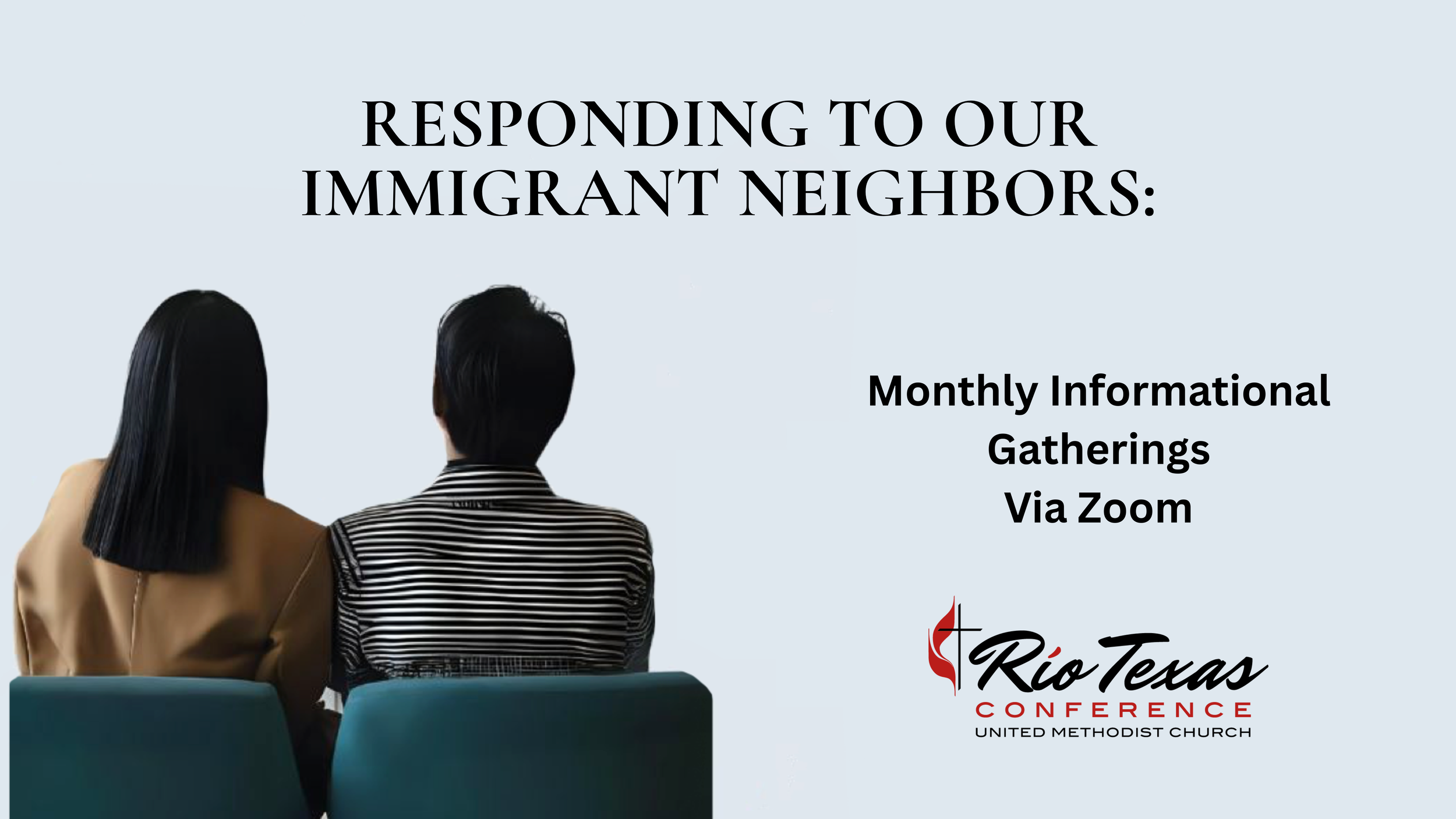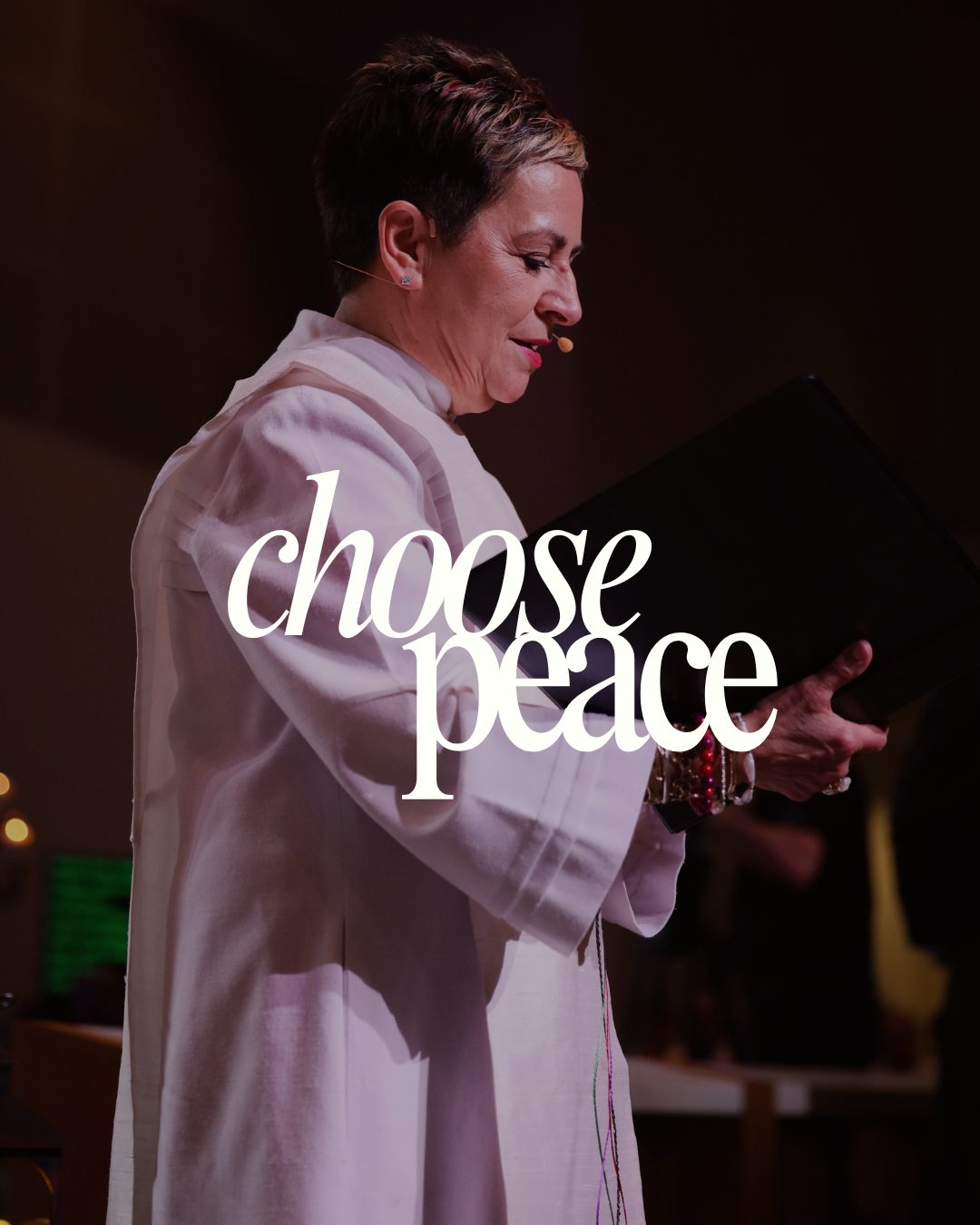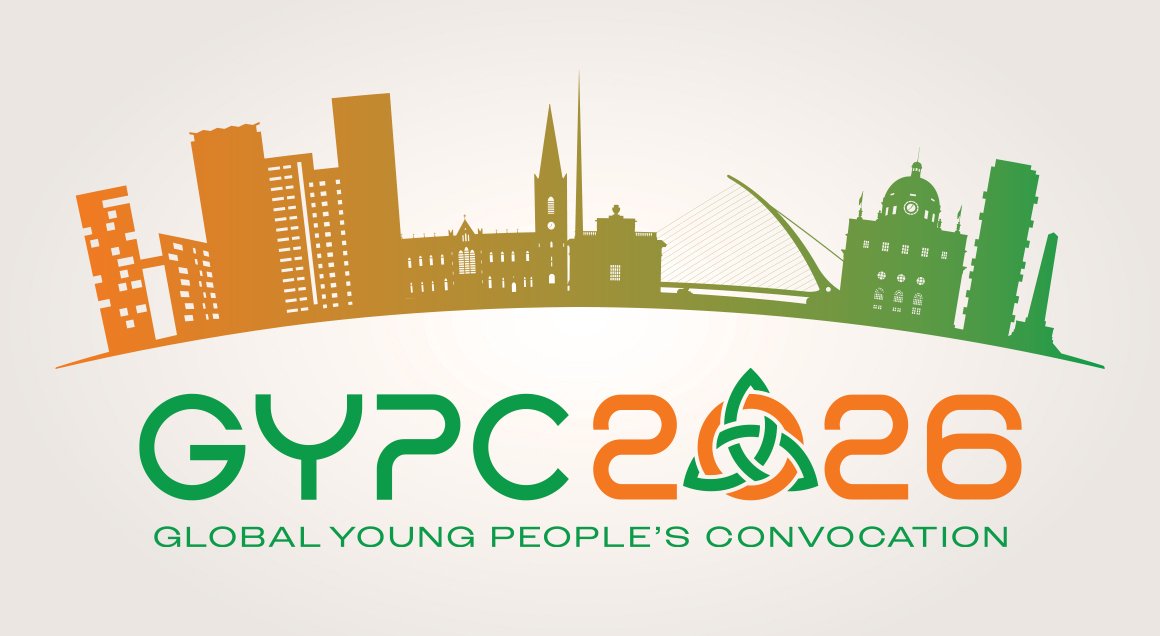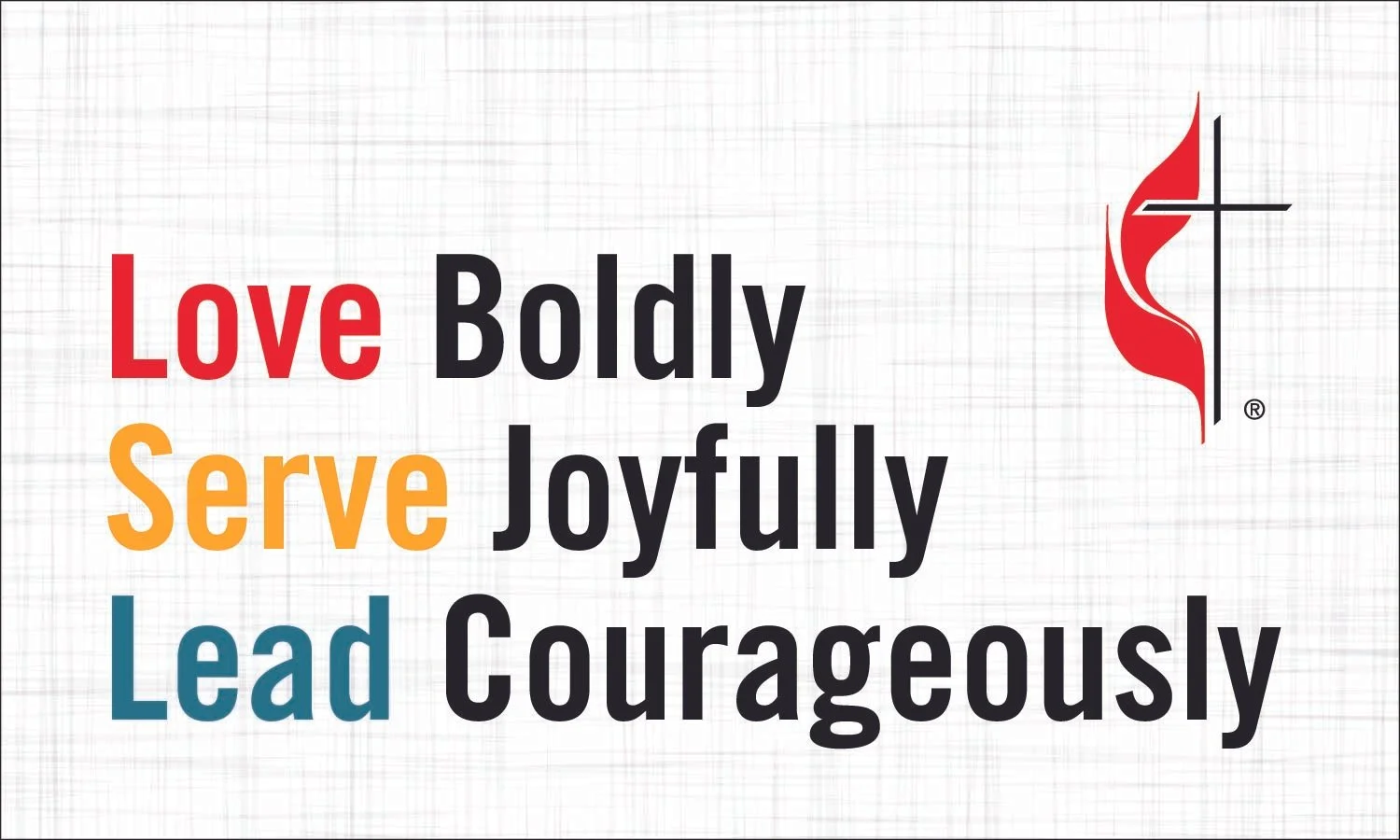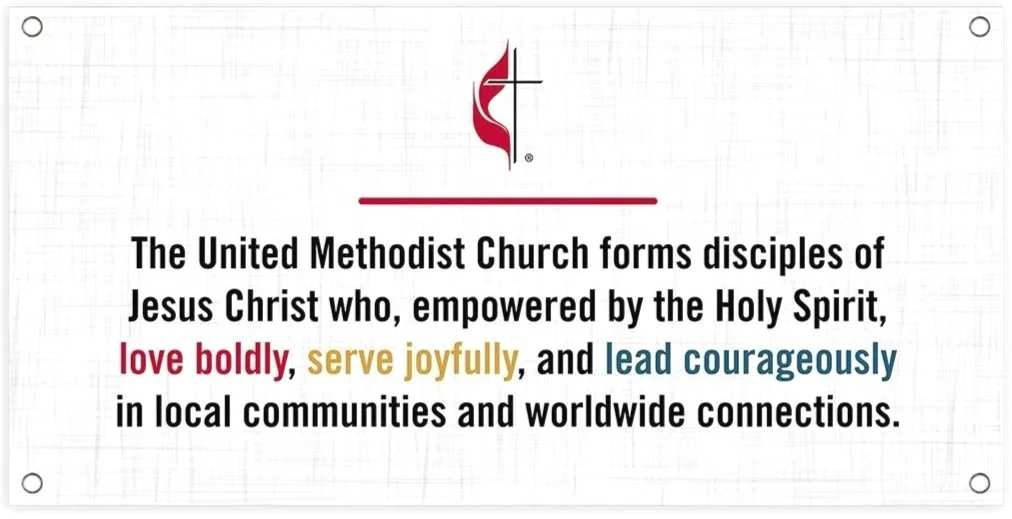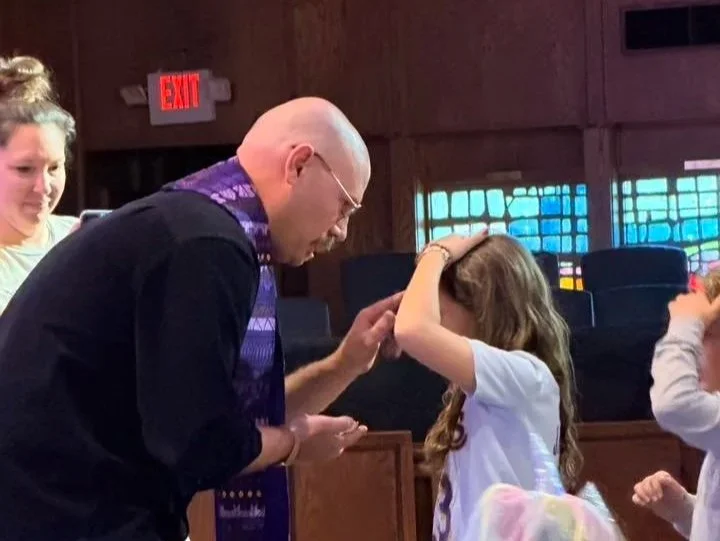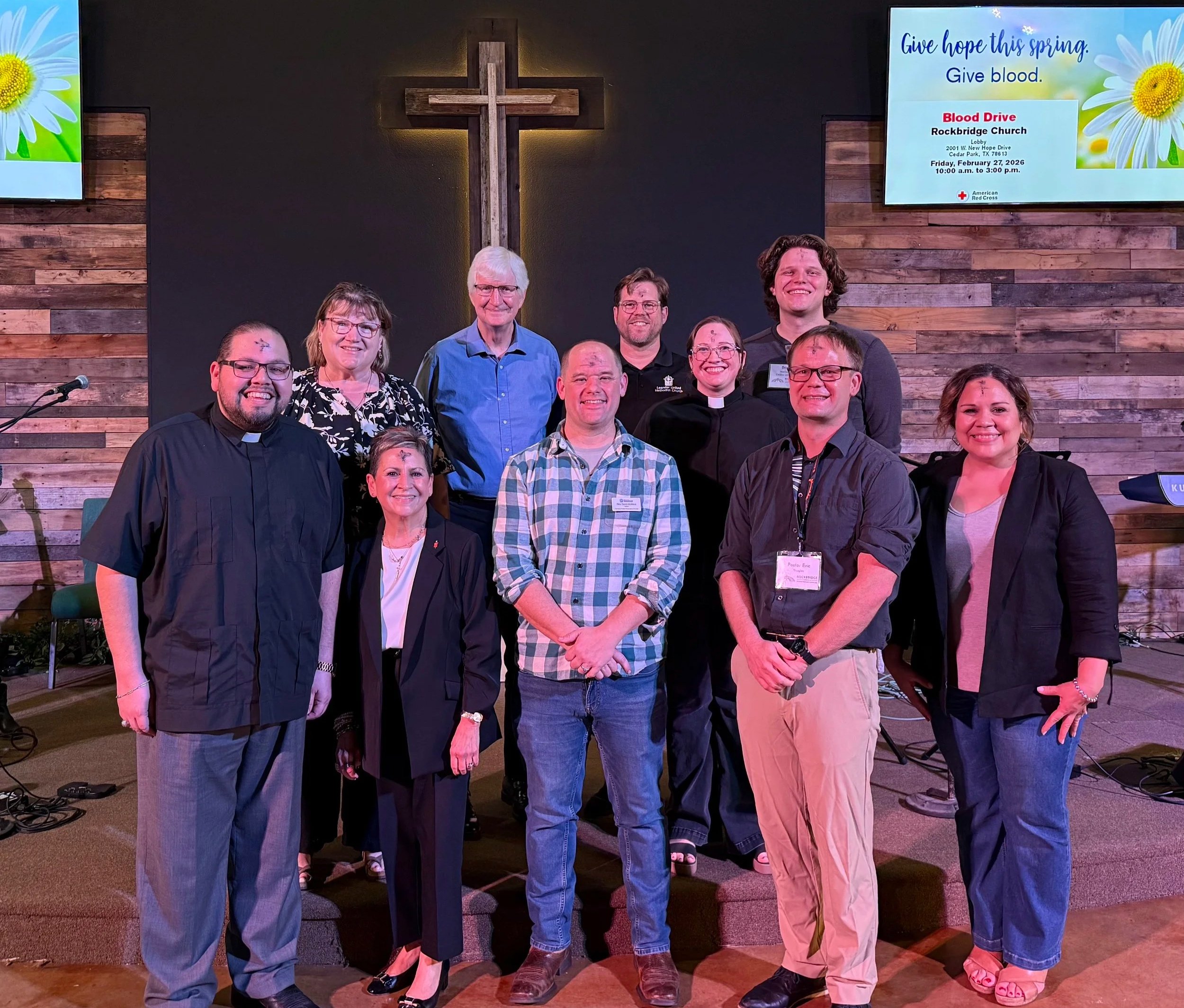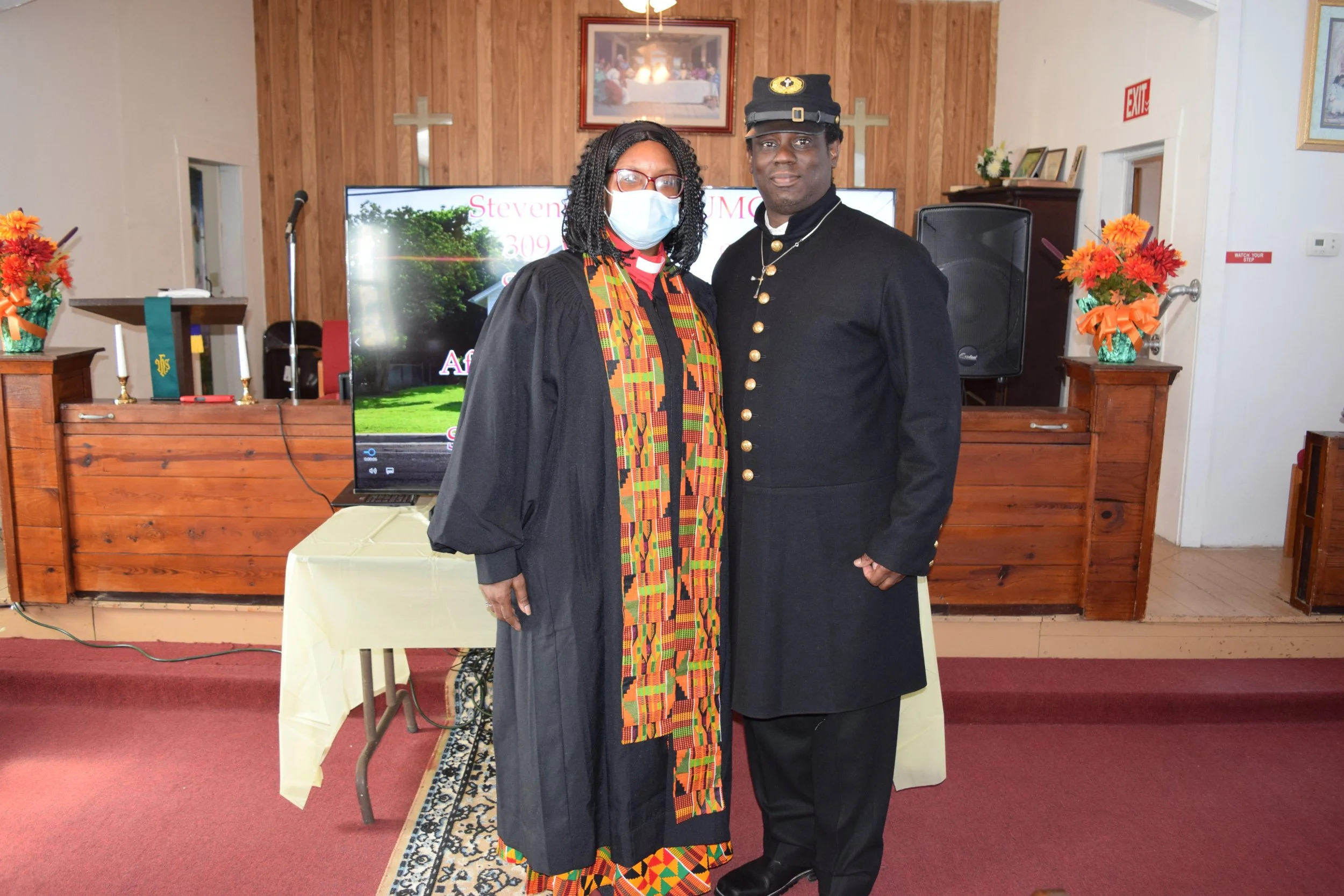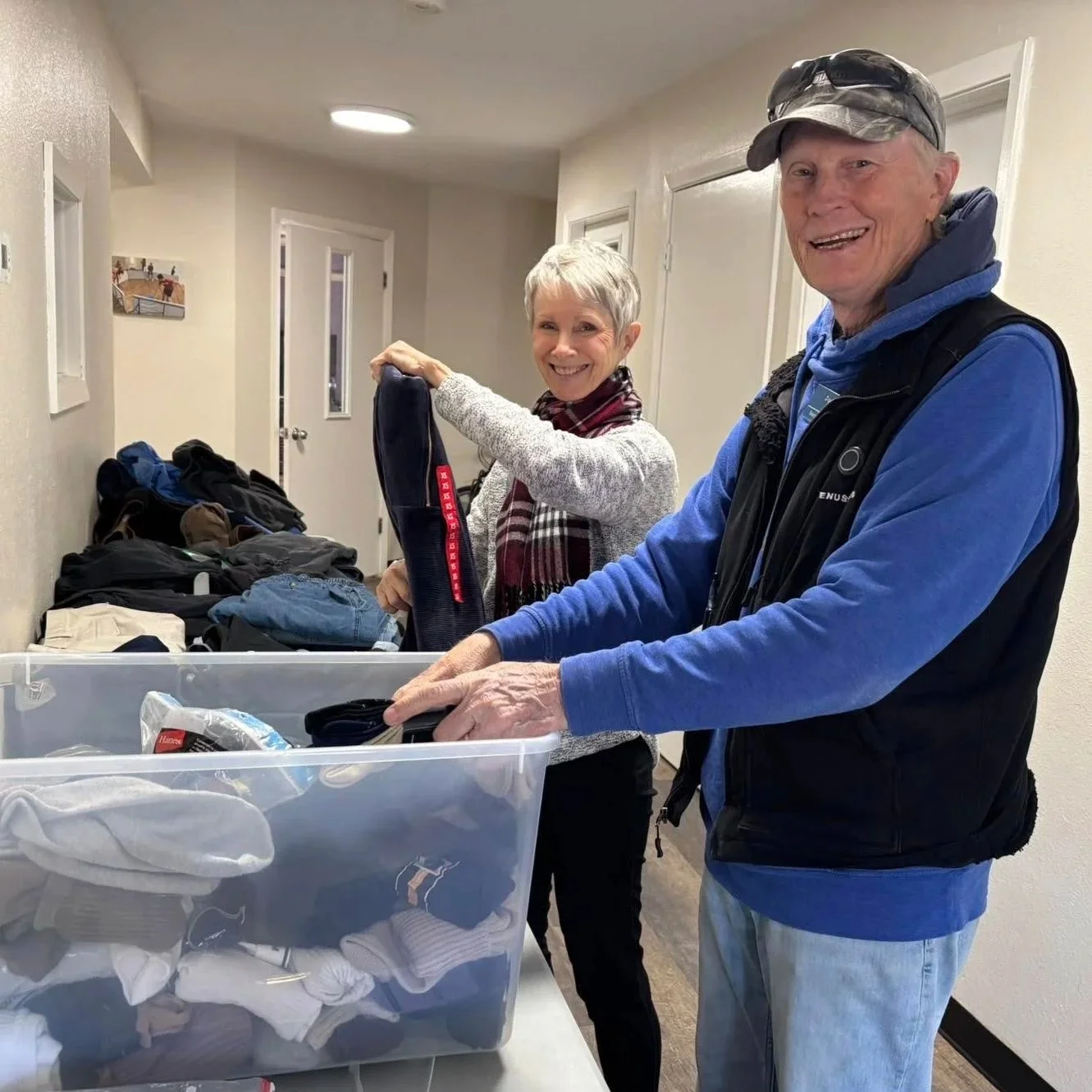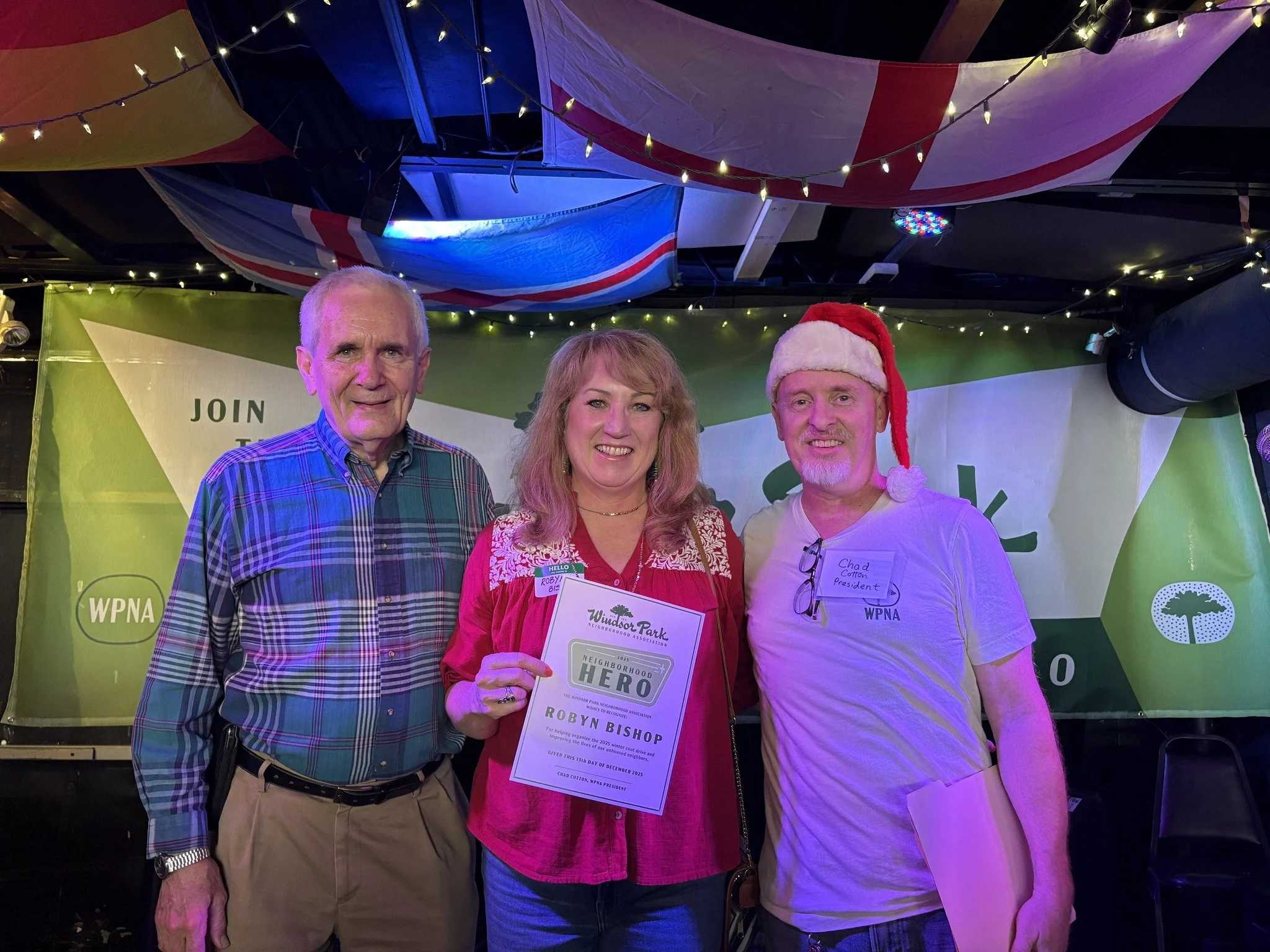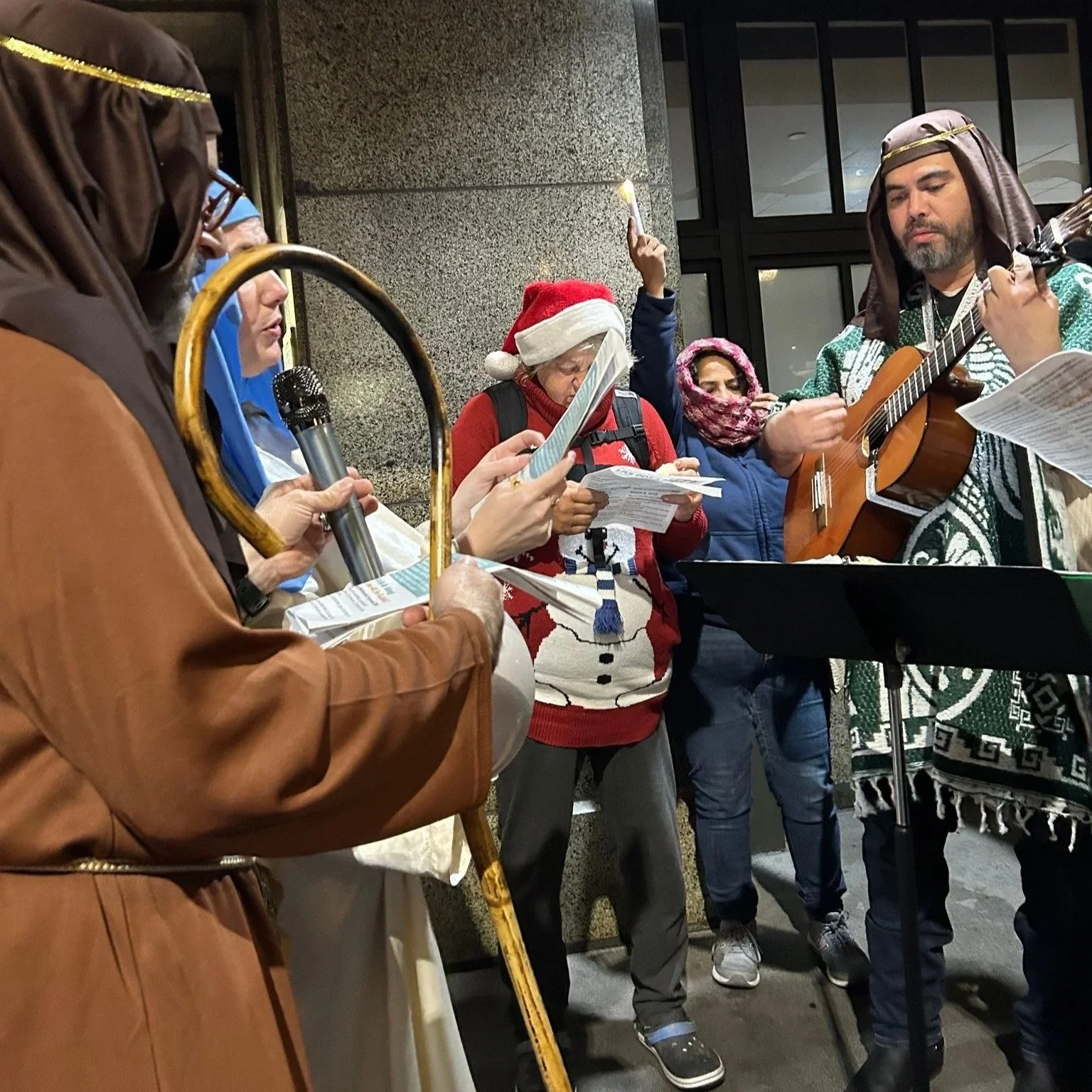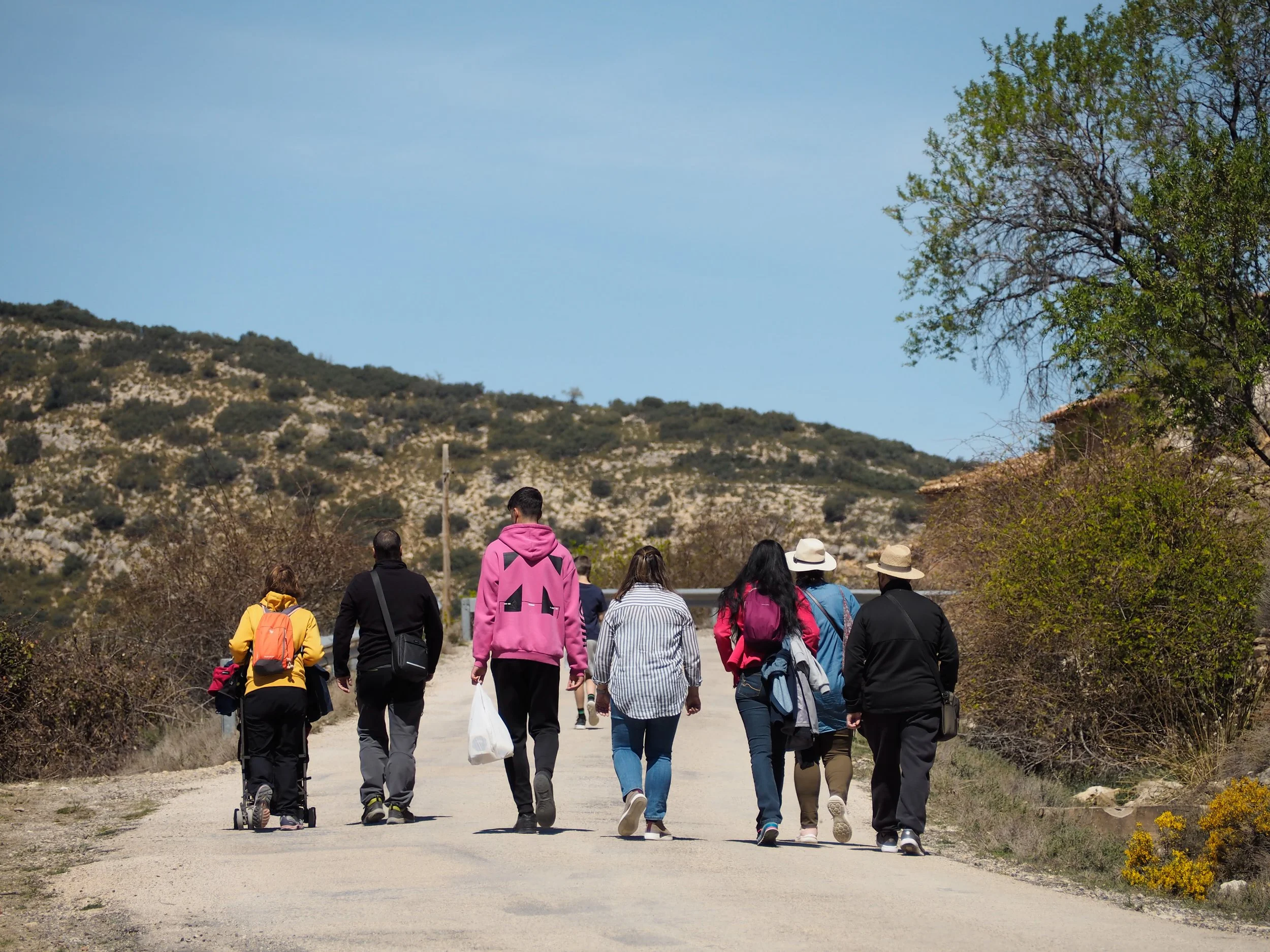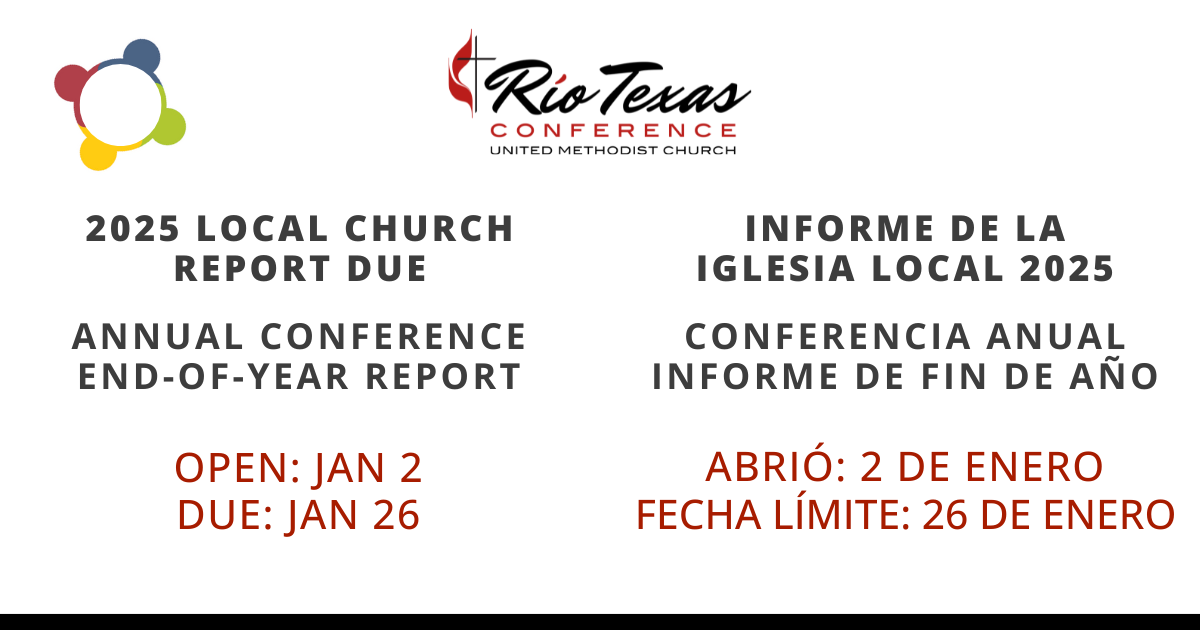Update on Blueprint for Wellness Screening at Annual Conference
/Update on Blueprint for Wellness Screening at Annual Conference
Beginning in 2026, the Rio Texas Conference will no longer host on-site Blueprint for Wellness biometric screenings during Annual Conference.
After reviewing participation and feedback about the time constraints of completing the screening during Annual Conference, conference leadership determined that hosting the screening on-site was no longer the most effective approach—particularly given that the Blueprint for Wellness screening can be completed at Quest Diagnostics locations between January 1 and August 31 each year.
What Is Not Changing
The Blueprint for Wellness screening remains fully available to all eligible HealthFlex participants and covered spouses.
The screening:
Is available January 1 – August 31
Must be completed during that timeframe to qualify for the $100 Rewards Cash incentive
Is completed at a local Quest Diagnostics lab, via Self-Collection Kit, or through a Physician Results Form
Automatically uploads results into Personify Health
Supports eligibility for Wellness Credits and overall well-being tracking
The screening is one component of the broader HealthFlex Well-Being Program offered through Wespath, which also includes:
Health Check (to avoid a higher deductible)
Wellness Credits (earn up to $150)
Health Coaching
Chronic Disease Prevention & Diabetes Management Programs
Employee Assistance Program (EAP)
Behavioral health resources
WeightWatchers partnership
And more
All of these programs remain available.
Why the Change?
The Blueprint for Wellness screening is available January 1 through August 31 each year, giving HealthFlex participants the flexibility to schedule their screening at a time that works best for them.
Offering the screening during Annual Conference sometimes created time constraints and scheduling pressure. After reviewing participation and the structure of the HealthFlex program, leadership determined that the screening can be more effectively accessed directly through Quest Diagnostics locations during the January 1 – August 31 screening period.
This shift supports greater flexibility while keeping the full HealthFlex Well-Being Program available.
annual conference 2025 - check in table
How to Schedule Your Screening
Eligible HealthFlex participants can:
Log in to their Personify Health account
2. Navigate to the Benefits tab
3. Locate “Quest Blueprint for Wellness Screening.”
Or call Quest directly at 1-855-623-9355
Employer group: Wespath2026
To find a Quest Diagnostics location near you:
https://www.questdiagnostics.com/locations/search
If you have questions about eligibility or program details, please contact the Wespath Benefits Team at activeteam@wespath.org.
Learn More About the Full HealthFlex Well-Being Program
The Blueprint for Wellness screening is one component of the broader HealthFlex Well-Being Program offered through Wespath. Participants and covered spouses may also engage in Health Check, Wellness Credits, Health Coaching, Chronic Disease Prevention programs, WeightWatchers, EAP services, and more.
For a complete overview of available programs, incentives, deadlines, and contact information, review the official:

